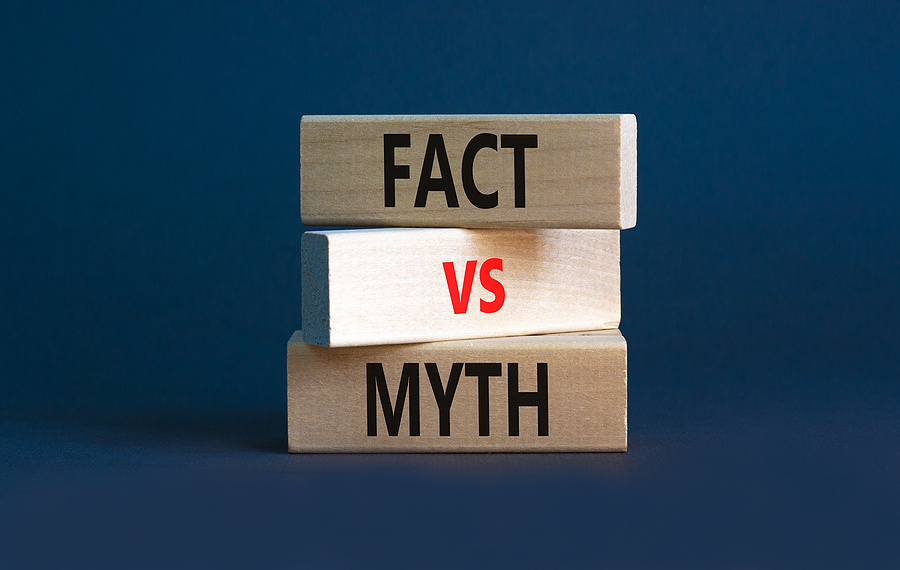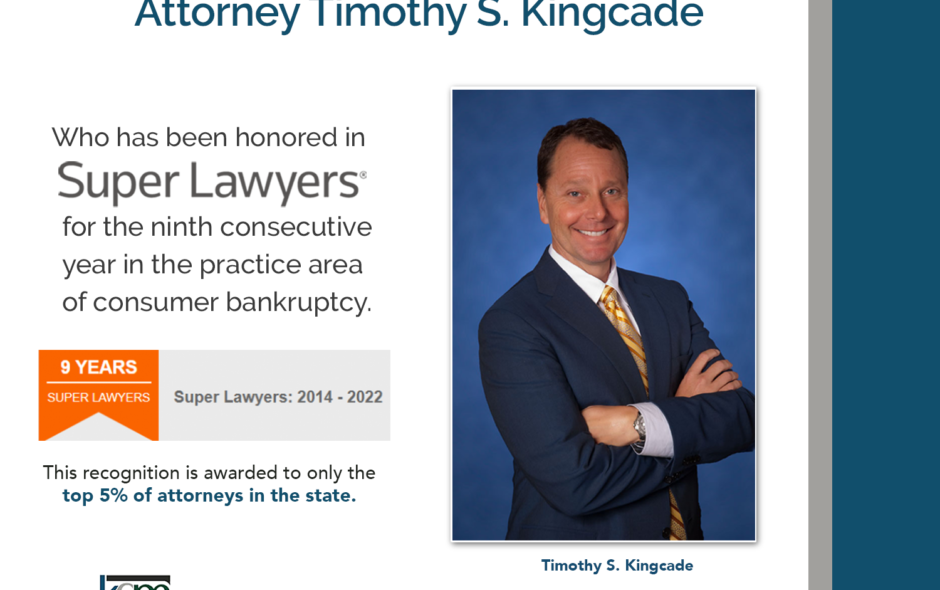One of the biggest reasons consumers hold off on filing for bankruptcy has to do with the myths surrounding the process. Misconceptions are often the reason behind these myths. Debunking these bankruptcy myths can shed light on the legal process that can help (and has helped) so many people, including an estimated 885,000 American consumers last year.
Myth 1: Bankruptcy Irreversibly Damages a Consumer’s Credit Score
While, yes, a bankruptcy case will almost certainly hurt a consumer’s credit score, this damage is far from permanent. In fact, many consumers have successfully rebuilt their credit scores after successfully completing a bankruptcy case.



